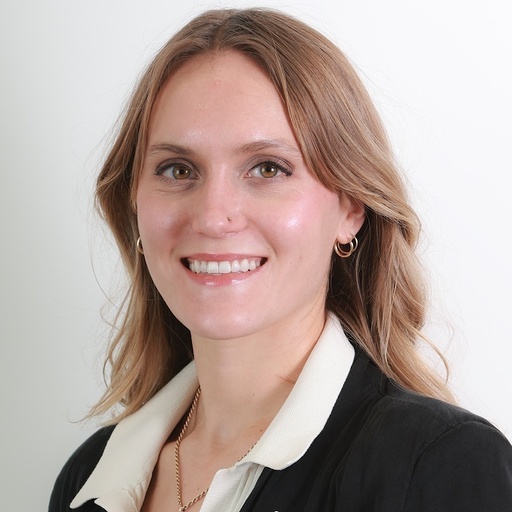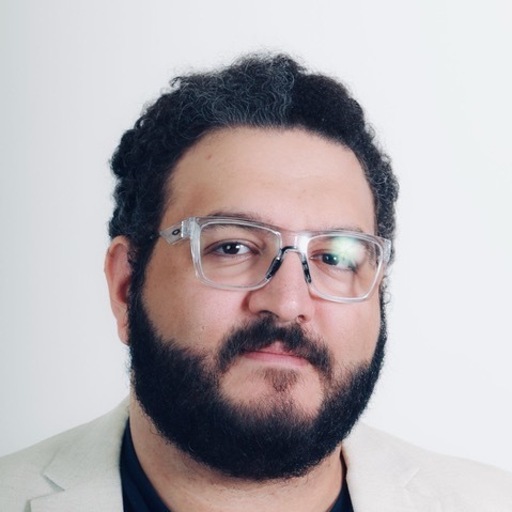About us
Accelerating the electrification-of-everything revolution with A.I. and quantum mechanical simulation.

Our mission
Global decarbonization is a challenge that can only be solved with creative arrangements of atoms and electrons; it will require fundamental innovations in materials for batteries, fuel cells, and manufacturing.
Our mission is to leverage the dual revolutions in high-performance computing and machine learning to discover and commercialize new materials for the clean energy economy.
Who we are
Leadership
-

Dr. Austin Sendek
Cofounder and CEO
-

Dr. Venkat Viswanathan
Cofounder and Chief Scientist
-

Stephanie Tarczynski
Director, Product Eng. & Commercialization
-

Dr. Moe Elshazly
Computational Research & Development
Schedule an introductory meeting
Contact our team today to learn more about our offerings and how we can use next-generation compute to design next-generation materials
Contact UsJoin our team today
Let’s shape a sustainable future through innovation and collaboration, together. Start your career as an Aionics maverick today!
Join us